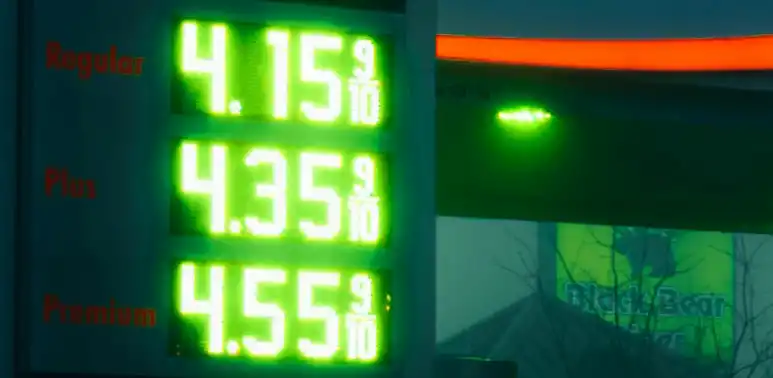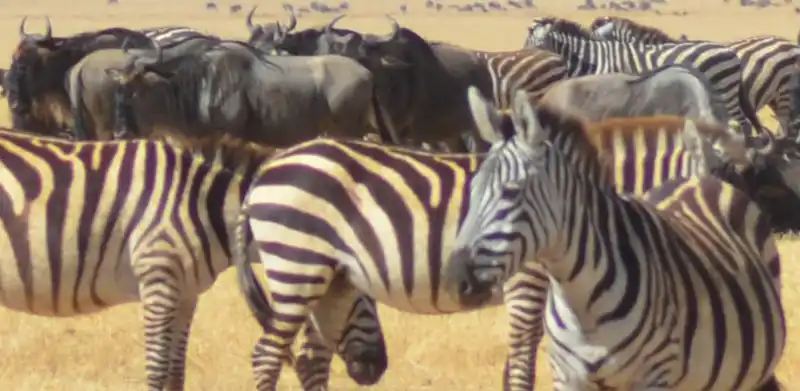Alliance for a Green Revolution in Africa (AGRA) is an organization that seeks to transform African agriculture from a subsistence model to strong businesses that improve the livelihoods of the continent’s farming households.
AGRA is headquartered in Nairobi, Kenya. The institution also has offices in 11 African countries, under the management of country leads, who oversee the deployment of the organization’s national strategy. It was funded by the Bill and Melinda Gates Foundation and the Rockefeller Foundation.
Brief History
AGRA was founded in 2006 as an Africa-based and -led organization that works within the Comprehensive Africa Agricultural Development Program (CAADP), Africa's policy framework for agricultural transformation, wealth creation, food security and nutrition, economic growth and prosperity.
The Food Systems Forum 2023 summit
AGRA is among the key conveners of the annual Africa Green Revolution Forum (AGRF), a gathering that brings together presidents, heads of state and government, ministers, scientists, farmers, private sector payers and members of the civil society to chart the way forward for African agriculture.
The Africa Food Systems Forum is the 13th annual summit as a hybrid event on going in Dar es Salaam, Tanzania. The 2023 Summit theme is Recover, Regenerate, Act: Africa's Solutions to Food Systems Transformation.
The theme is anchored around building back better Food Systems with youth and women at the center. The theme identifies three steps needed to achieve this transformation: Recovery, Regenerate, and Act.
Recovery calls for decisive strategies and actions to rebuild food systems after multiple crises and shocks. Regenerate emphasizes the need to regenerate natural capital resources with adaptation practices, innovation, and technology for sustainable food production in a changing climate context. Act urges urgent action to accelerate food systems transformation through better policies, practices, and investments.
How AGRA operates
AGRA’s strategy is delivered through interventions in four priority areas; input systems, resilience building, innovative finance, and policy/country support.
Input systems: Working with both public and private sector players to develop the systems required for the sustained availability, delivery and adoption of improved seeds and fertilizer with a focus on getting these inputs into the hands of farmers.
Resilience building: Promoting interventions that enhance the resilience of the production system to climate change and climate variability. This is achieved by developing more efficient marketing systems, introducing post-harvest technologies to close yield gaps and ensure farmers can sustainably sell quality to consumer markets.
Innovative finance: Enabling local agri-businesses to access markets, support local and national financial institutions. This includes providing affordable financing to smallholder farmers and local SMEs.
Policy and country support: Supporting governments in the 11 focus countries to strengthen the national capacities to deepen and sustain the gains made through policy decisions and encourage significant investments of public resources into the agriculture sector.
AGRA is primarily guided by its partners across the continent, starting with the leadership of African states through the Comprehensive Africa Agriculture Development Program (CAADP) coordination under the Malabo declaration. AGRA works closely with African governments, particularly in its eleven countries of operation, to whom it is accountable under national ownership of development leadership and governance. AGRA works under national development plans and National Agriculture Investment Plans (NAIPs). It also works in partnership with other national actors in the private sector, farmer’s organizations, the academic and research community, and civil society.
ARTICLE SOURCE




